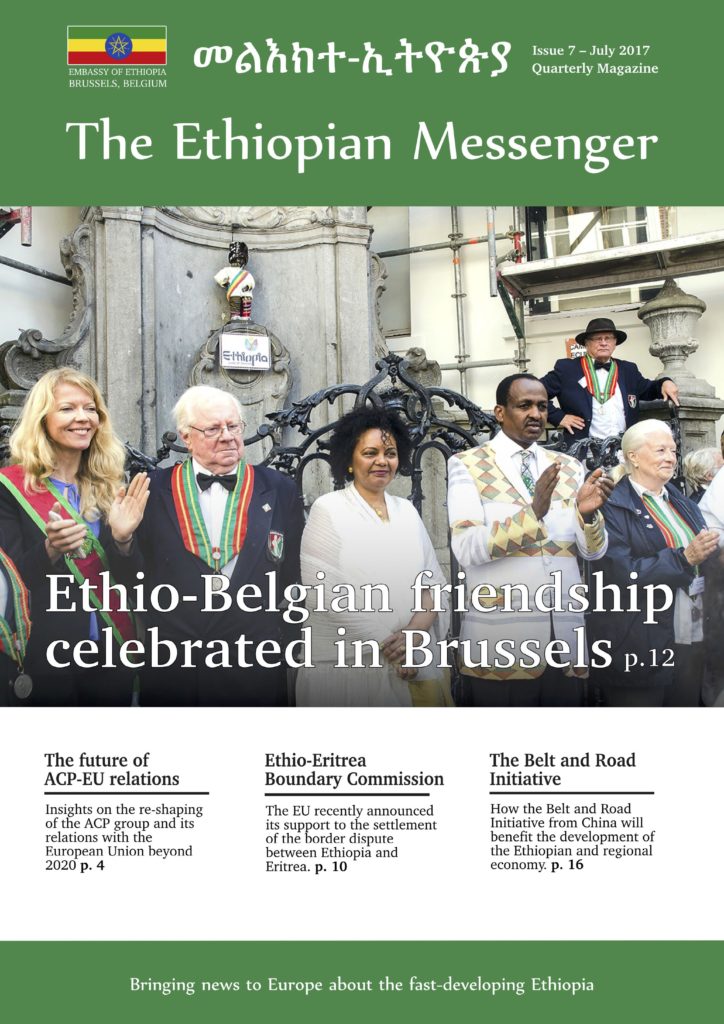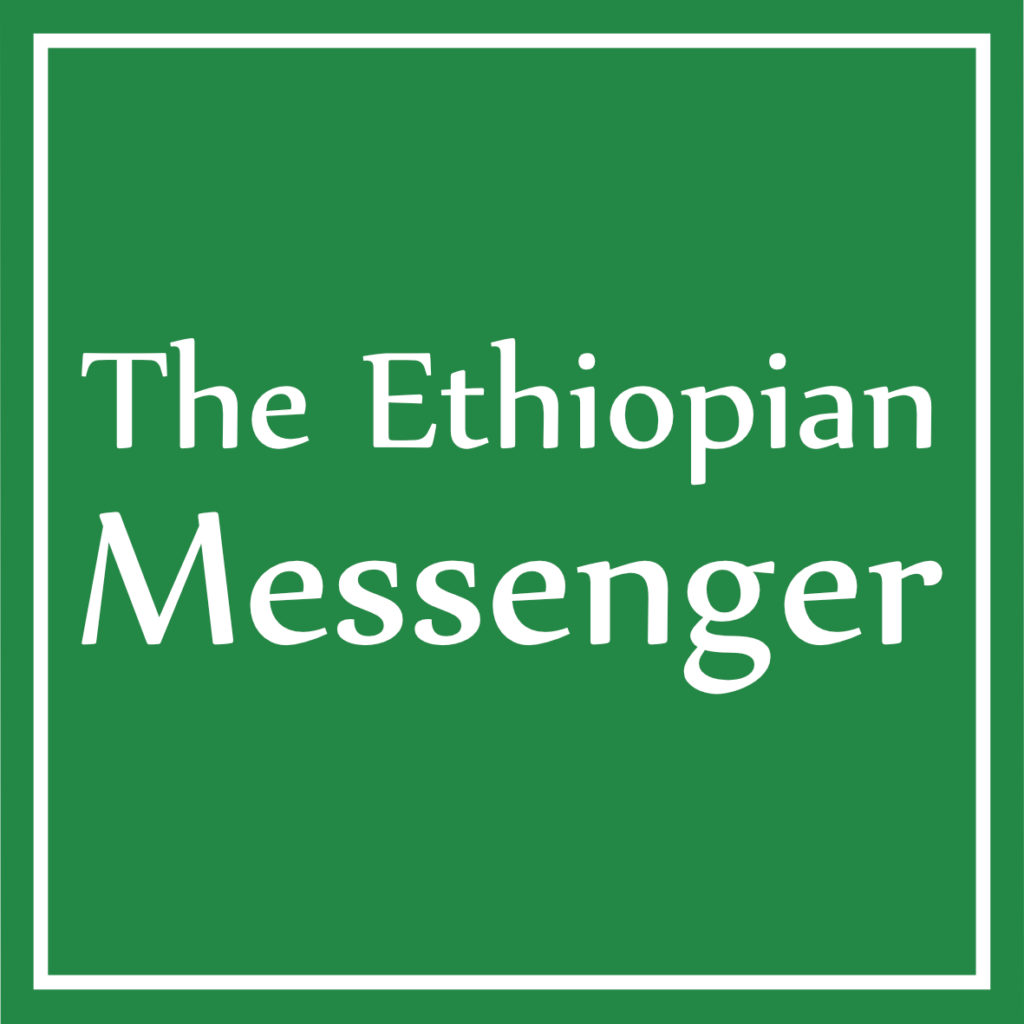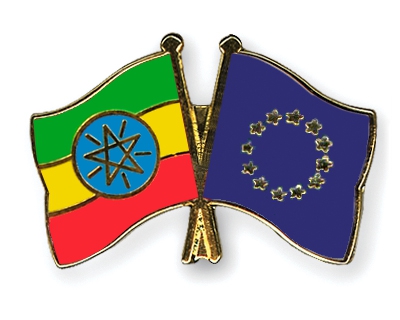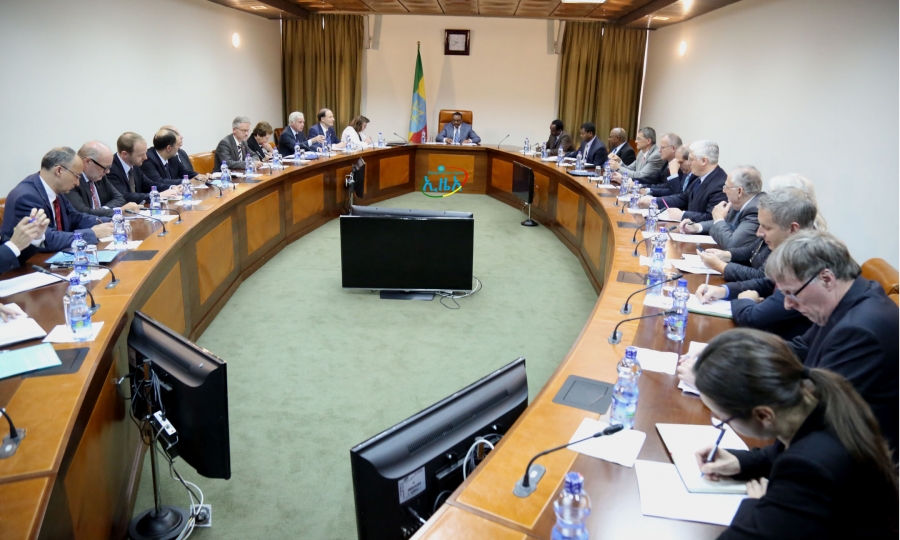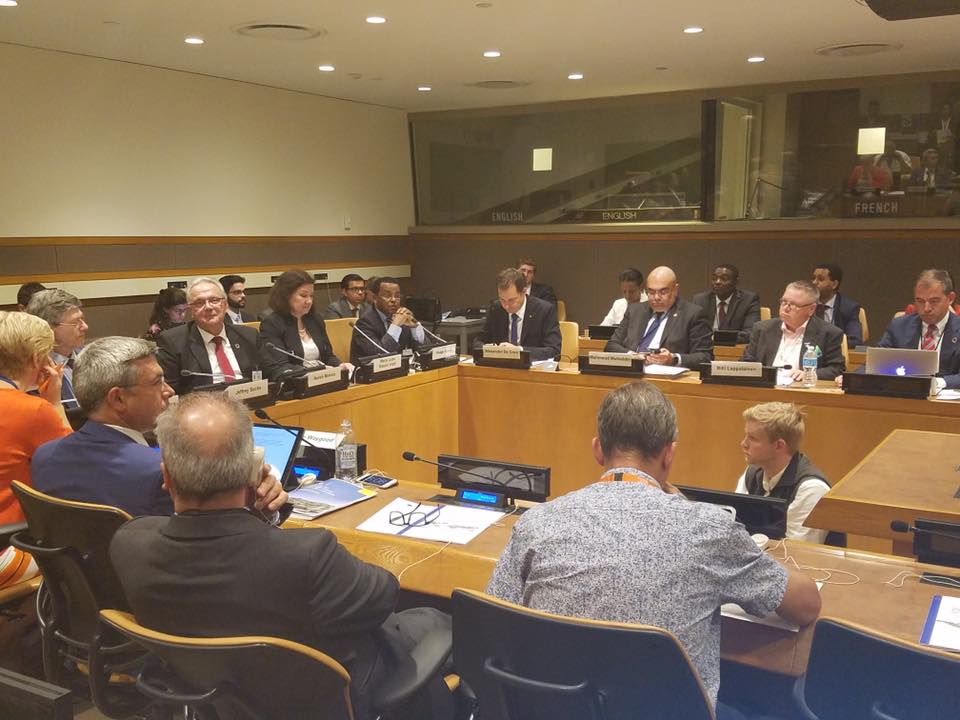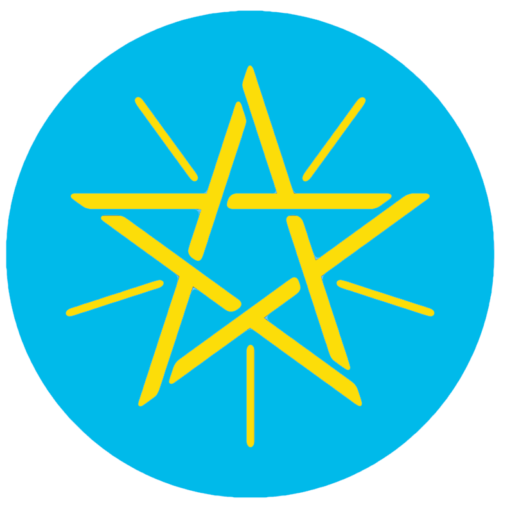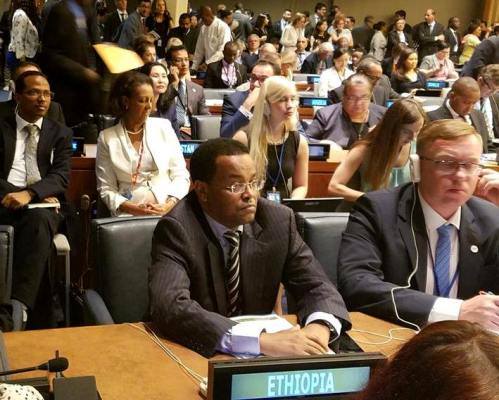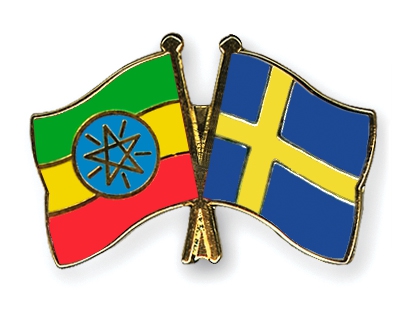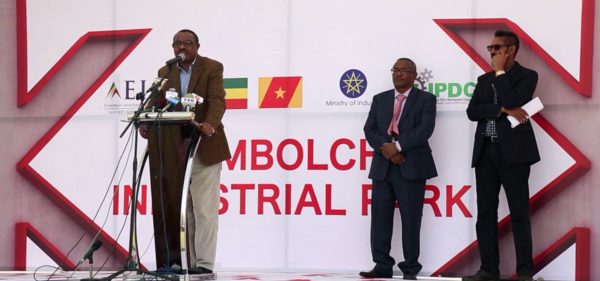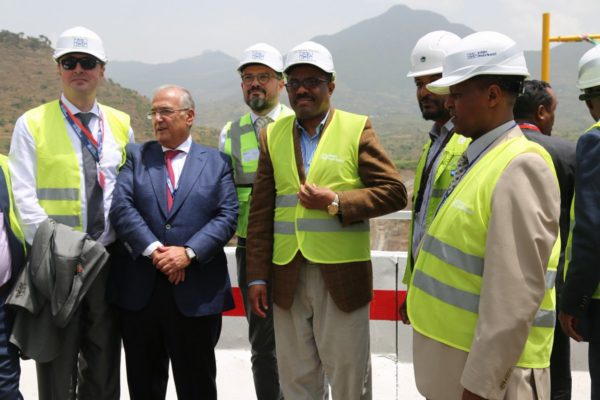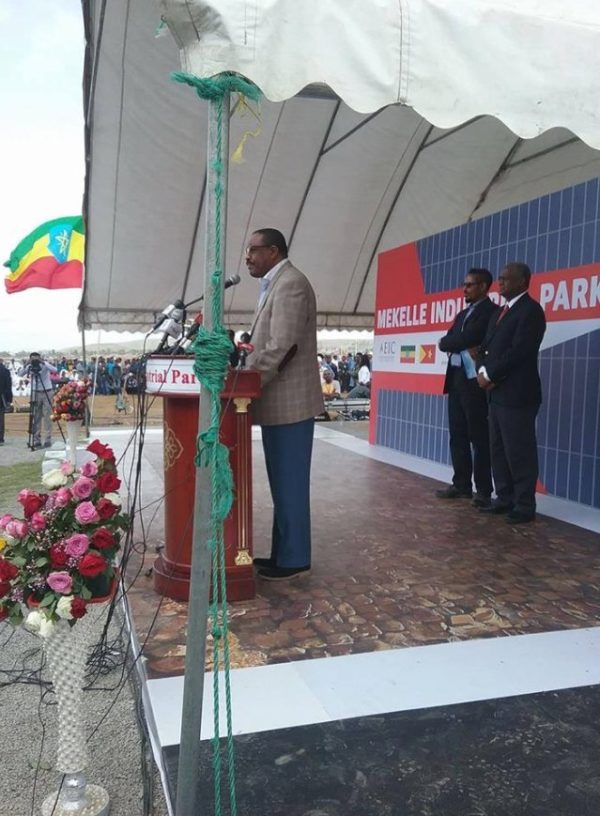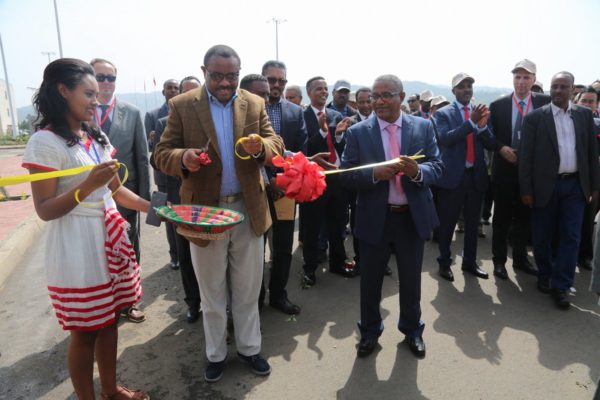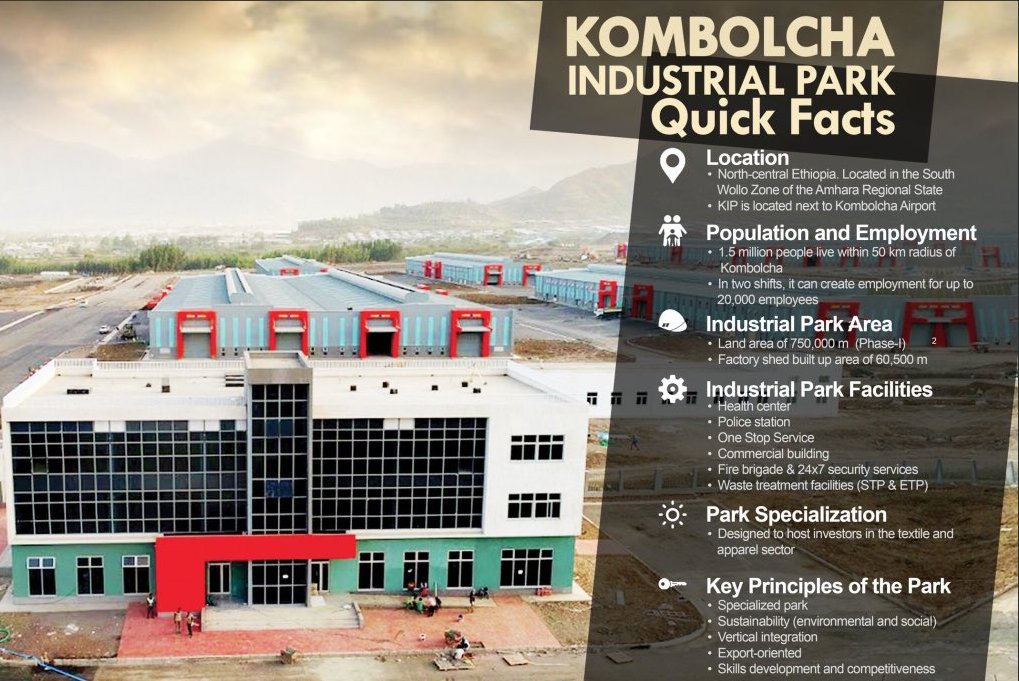The latest issue of our magazine The Ethiopian Messenger is available!
Read it here: https://issuu.com/ethiopian.messenger/docs/the_ethiopian_messenger_7
Editorial
Ethiopia is presiding the African, Caribbean and Pacific (ACP) Council of Ministers and Committee of Ambassadors until August. Through this presidency, Ethiopia contributes to shaping the future relations between the European Union and ACP countries, as the Agreement governing relationships between them will expire soon. Read our article to learn more about Ethiopia’s objectives and priorities for the future of ACP-EU relations.
Ethiopia’s economy also remains as dynamic as ever. In this issue, we focus on the Amhara region, where rich natural resources and investment incentives are transforming the structure of the economy.
In this issue, we also focus on Ethiopia’s expanding wine sector which is expected to place Ethiopia onto the wine- making countries list.
The EU recently announced its support to the settlement of the border dispute between Ethiopia and Eritrea. As Ethiopia has, time and again, worked to restore ties and normalize relations with Eritrea, it is to be hoped that Ethiopia’s partners will be supportive in dealing with the Eritrean government.
Another article will give you a glimpse of a colourful ceremony that was organised in June at Brussels’ City Hall to celebrate the handing-over of two Ethiopian traditional costumes to Manneken-Pis, the famous symbol of Brussels. The event was also the occasion to celebrate the Ethio- Belgian friendship with old and new friends of Ethiopia in Brussels and beyond.
Finally, we have included in this edition preliminary information on the possible benefits of the new Belt and Road initiative of China on the development of Ethiopia.
Content
ACP-EU relations: Towards a Partnership beneficial to our peoples
The Amhara regional State’s dynamic march towards industrialisation
Ethiopia’s expanding wine sector Ethiopia’s unremitted commitment for lasting peace with Eritrea
The Heart of Manneken-Pis goes to Ethiopia
Walking the walks of the Belt and Road Initiative
የዘመናችን የታሪክ አሻራ ሐውልት
